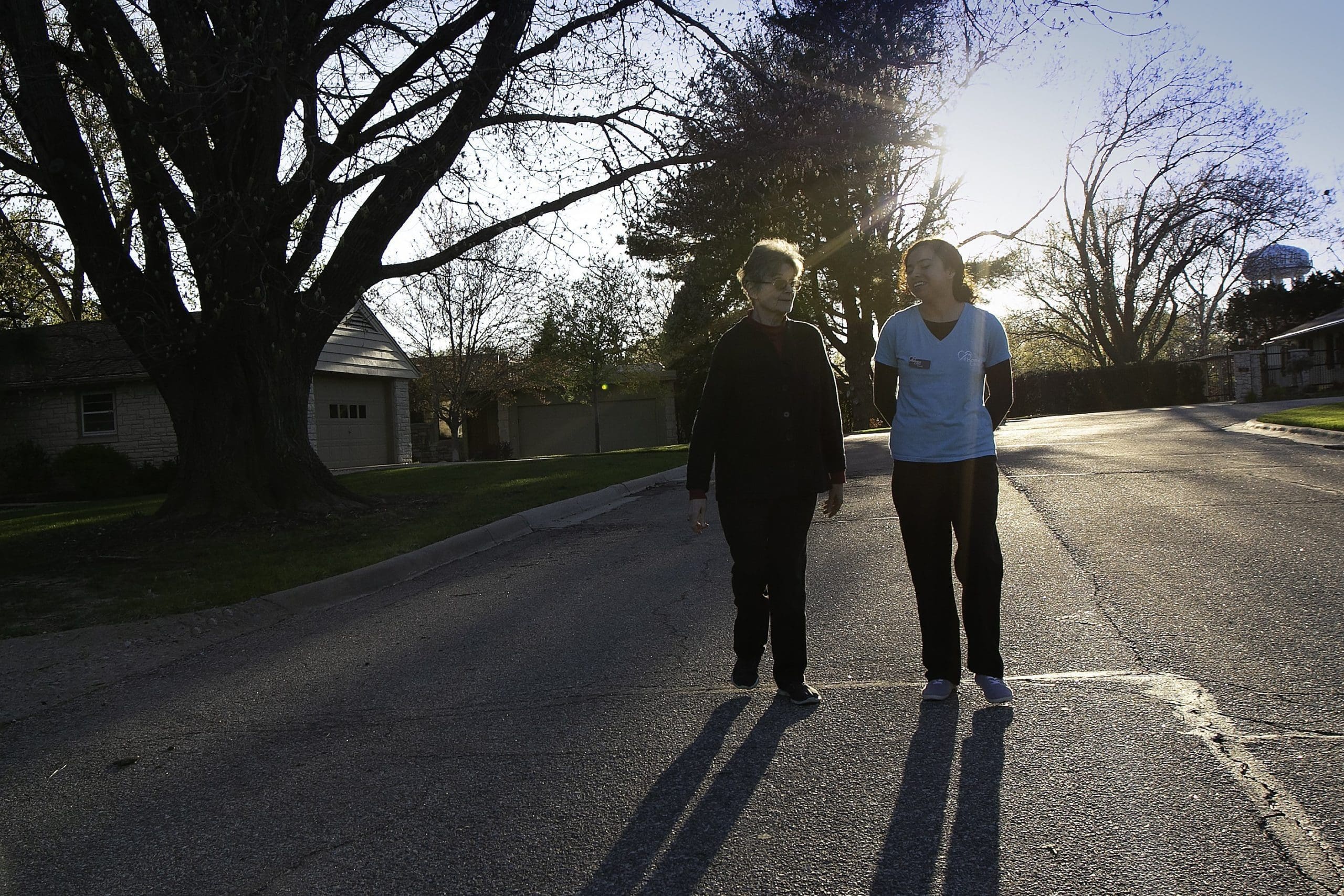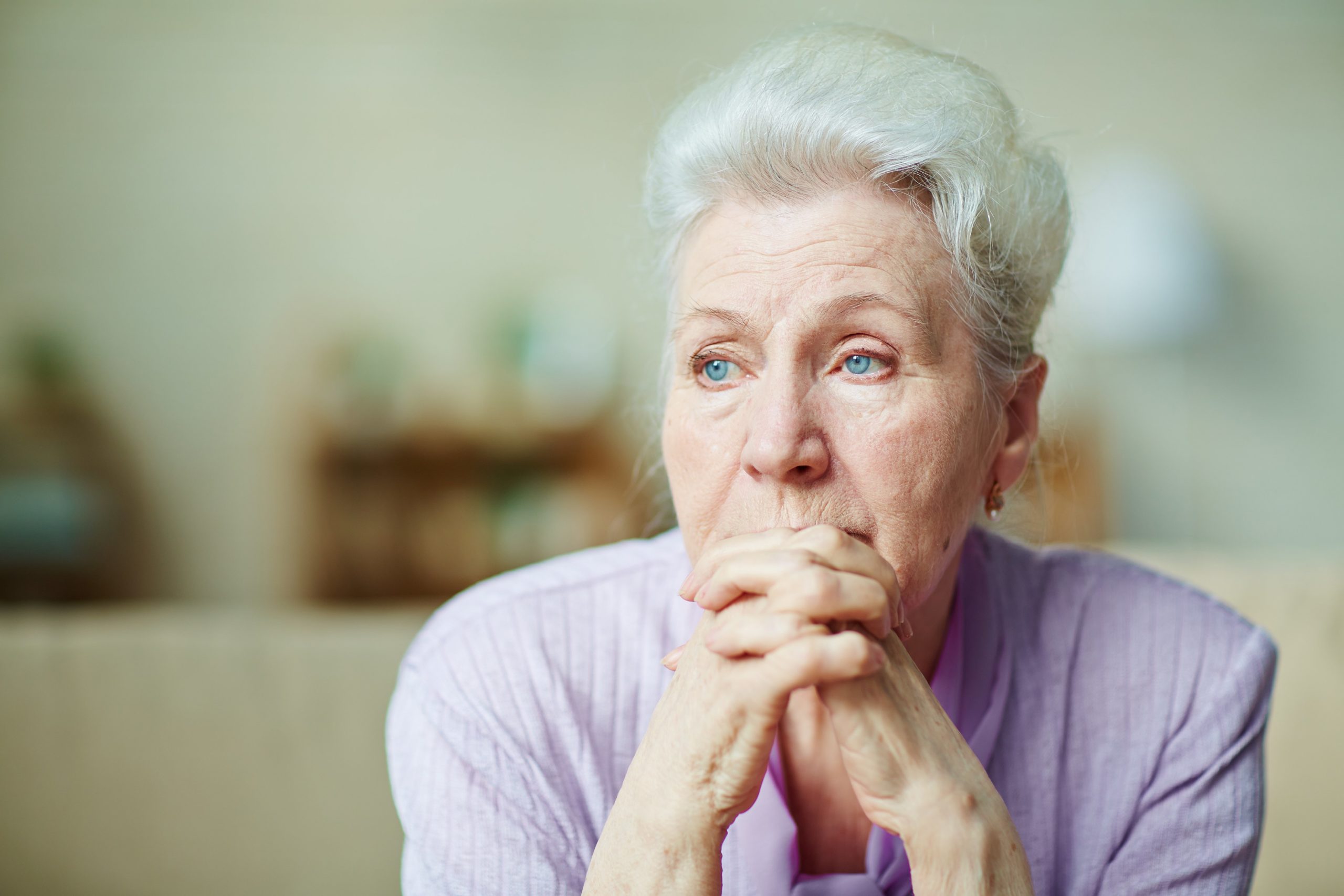“A woman is like a tea bag. You can’t tell how strong she is until you put her in hot water.” – Eleanor Roosevelt
Women live longer than men. Despite sleepless nights, worry, the stress of balancing work and home life, raising children, and, often times, dealing with ill health, this is a proven fact. To put this in perspective, think of your senior relatives. This may not be the case for everyone, but often we have more grandmothers, mothers, and great aunts living past the age of 65 than we have grandfathers, fathers, and great uncles. Mom may mention aches and pains, but, with all she does, she seems resilient, enduring, and strong. It often comes as a bit of a shock when we realize that “Mom isn’t bouncing back from the seasonal flu as fast as she once did.” Mom is aging. Surprisingly, common conditions affect more women than men each year. It’s good to be aware of this, not only for Mom’s health and peace of mind, but for her children and grandchildren’s peace of mind as well.
Signs and Symptoms
Most ailments come with a set of common symptoms. Put some of these together and it’s worth making an extra appointment with Mom’s doctor or gynecologist. There are some practical ways to read the body for different diseases.
- Watch for signs of lightheadedness when Mom stands up.
- Make sure her hands aren’t shaking, especially when she has not eaten in a while.
- If Mom is cold all the time, or has numbness or tingling in her extremities, these could all be signs of blood pressure issues, blood sugar, or circulation problems.
Regular Check Ups Should Include…
Regular wellness checks are not only good for Mom’s peace of mind, but they also often keep her safely independent for a longer amount of time. Of course she should see a general practitioner and gynecologist on a regular basis, but don’t forget these other important visits:
- Regular Eye Exams: Senior women often develop cataracts and poor vision which could be symptoms of other diseases. Vision impairment dramatically affects safety and independence!
- Ear Exams/Hearing Exams: Hearing loss can be addressed early and Mom doesn’t have to miss out on conversations with her kids or grandkids.
- Digestive Health Checks: The gut has been called “the second brain” for a good reason. The gut affects many of our internal systems. Ask your doctor about probiotics and other resources to keep digestive health functioning well.
- Dental Visits: Keeping healthy teeth and gums affects more than just your mouth! Keeping your “chompers” in good health is also essential for proper nutrition throughout life.
Mental Health
Eventually Mom won’t be able to do some of the things she’s used to. She may need to cut back on the number of activities she’s used to doing, and it’s likely she will be limited in this way for the rest of her life. Getting older can be frightening. It’s entirely likely Mom has experienced moments of intense anxiety, loneliness, and maybe even prolonged depression. Women are more likely than men to experience these symptoms. Getting yearly mental health checks is a good way to keep tabs, not only on Mom’s cognitive abilities, but also on her emotional health. The more your senior loved one knows about her health, the more she will be able to continue to have peace of mind. Support Mom by helping her stay up to date on doctors’ visits, scheduling regular screening for common conditions, eating healthy, exercising, and spending time with family and friends. Mom might be slowing down, but she’s still a strong, resilient woman.
Thanks to our friends at ClearCare for helping us with this article! At Home Care provides expert services and peace of mind. Request a free consultation today.
This article discusses the subject of suicide. If you are facing thoughts of suicide, please reach out to the National Suicide Help Line at 1-800-273-8255 or visit https://suicidepreventionlifeline.org/ to live-chat with a friendly helper. “I had four chairs refurbished this morning And I couldn’t help but think—what’s the point? I don’t have much longer to live. I’m already seventy-six. I never even expected to live beyond sixty. I think sixty is a pretty good age for life to terminate. It would certainly clear out some room for younger generations. Everything deteriorates after sixty, anyway…The pains get worse every day. It’s not natural. Think of the millions of people sitting in retirement homes right now. Nothing to do. No future to look forward to. It’s no way to live. Everyone needs a pill. That would be great. Enjoy your life as long as you want, but the moment the pain becomes too much, it’s in your hands to stop it.” — Excerpt taken from a Humans of New York interview. Within three hours of this posting, 40,000 people had reacted to this post. Many were saddened, the love of their own ageing parents or grandparents weighing heavily on their minds. Others quietly agreed, thinking of their own pain and the very real possibility of a future cut short by age. While this is one man’s opinion, these are the type of thoughts that can invade the minds of our elderly loved ones.
Suicide in Seniors
September is suicide prevention month. Often when suicide is mentioned, we tend to think of high schoolers, crushed by that first break up or the unbearable pain of daily bullying. Yet, suicide is much higher in older adults. The CDC reports that the highest rate of suicides in the USA was among adults ages 45 to 64. From 1999 to 2016, there were over 232,000 suicides in this age bracket. While many people believe their senior loved ones are in a good mental state, mental health disease is not always the cause of suicide. In 27 states, half of all suicide victims had no known mental health issues. There is more than one reason our senior loved ones are at risk.
The Risks
Western culture places a high value on doing. When seniors reach the age where they can no longer do many of the things they used to, they are often treated as though the value of their life has decreased. Aches, pains, and limitations of mobility sometimes confine seniors to a life inside their own heads. This, combined with failing mental faculties can be a very discouraging season of life. Even if a senior is treated well, the doubt that they have value creeps in. The fear of becoming a burden to someone they love can make suicide seem like a viable option. Isolation and the accompanying feeling of loneliness can also be a contributing factor in the uptick of senior suicides. The dynamic of community has changed drastically in the past few decades leaving seniors behind. For many of us, community is online, or connecting with our friends and family requires driving or flying great distances. Struggling with loneliness is a human condition that everyone faces. For most of us, the cure is just a text and a drive away. For seniors with limited mobility, loneliness is a constant companion. Suicide should not be an option for those who are feeling the daily wear and tear of isolation. A third issue that lead our loved ones to contemplate suicide is undiagnosed mental health issues. Anxiety and depression are two of the main mental health issues that plague our senior loved ones. This season is often dubbed “the winter years” or “the twilight years”. While picturesque, these names don’t exactly inspire courage or hope. In many places in the USA, the collective cultural rejection of people with mental health issues has changed. Seeking help is actively encouraged. However, just a few decades ago, admitting you were struggling with something like anxiety or depression came with a heavy stigma. Most seniors grew up in that culture and are still living under that burden. For them, seeking out a therapist is not considered an option.
What Can You Do?
Set up a date and time to telephone or visit Grandma every week. Tell Grandpa you love him and are so happy that he’s still a part of your life. Research elderly community events in your area such as ice cream socials, dancing, crafting, and more. In the beginning of this article, the elderly gentleman told Brandon Stanton (the interviewer for Humans of New York) some of the things that ran through his mind. While shocking to many, he was simply vocalizing his doubts about the value of his life as it was. “I don’t have much time left. I’m in pain. My value has run out. I’m powerless. I’m lonely. I’m just waiting for the end.” The American Foundation for Suicide Prevention has an excellent list of warning signs that don’t just apply to young people. Be aware of Grandma’s moods and what she’s talking about. Even if suicide is not something she would ever contemplate, Grandma, just like anyone, needs to know that she is loved. She needs something to look forward to. She needs community to surround her and remind her that her life still has value. At Home Care provides expert services and peace of mind. Request a free consultation today.



